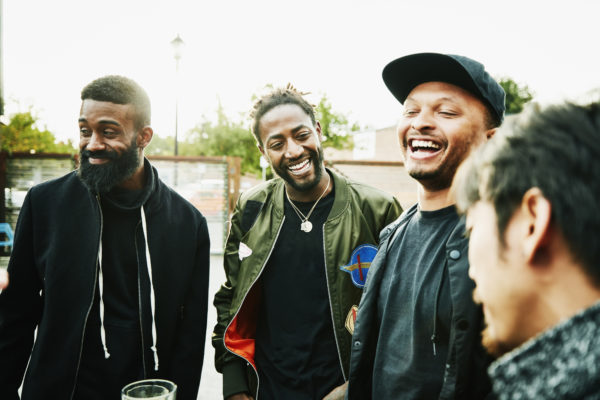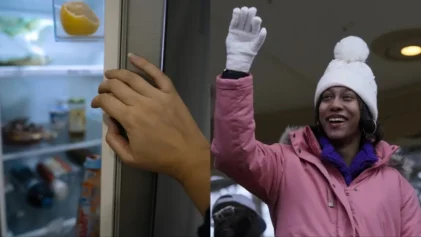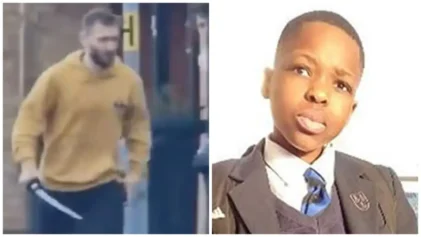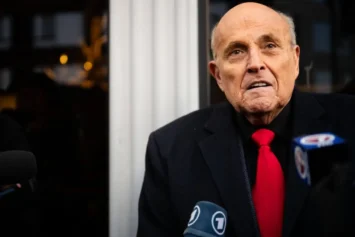Long-standing claims that Black people, especially men, experience less-than-pleasant encounters with police than their white counterparts are being validated with a new study from the American Psychological Association.
Examining the role an officer’s tone of voice plays in building trust, or conversely fueling mistrust, a team of researchers concluded that officers conveyed “less warmth, respect, and ease,” when interacting with Black men during traffic stops.

Researchers from University of Michigan, Northwestern University and Stanford University pooled together hundreds of traffic stop audio clips from officers’ body-worn-cameras, and then had sample groups of Black and white men and women — composed of college students and local drivers of a medium-sized city — to rate any racial disparities they detected.
As stated in the research, “Police officers interact with the public in a dual role. A police department cannot be friendly, deferential, unwelcoming, or condescending, but an officer’s tone can communicate these qualities to citizens.”
According to 2020 data from the Bureau of Statistics, annually more than 60 million Americans have encounters with police officers. An officer’s tone, and even facial expressions, can vastly influence how a citizen perceives that encounter. The Stanford Open Policing Project further examines the breakdown of similar encounters, claiming that out of 100 million traffic stops at least 20 percent consists of Black male drivers being pulled over. The study implies that an underlying influence of traffic stops is race.
With the rise in police departments utilizing body-worn-cameras, and citizens’ ability to use cell phones as recording devices, problematic police encounters have become harder to sweep under the rug. With the disparity in police encounters resulting in Black men and women’s deaths, it has also become increasingly challenging for the U.S. to turn a blind eye to demands for police reform.
In an example of such racial disparity was shown in 2016 when a white Georgia officer pulled over a white female in Cobb County. In an attempt to calm the woman’s concerns for her well-being, Lt. Greg Abbott’s body camera revealed he told her, “But you’re not Black. Remember we only kill Black people. Yeah, we only kill Black people, right?”
“Police officers are simultaneously representatives of the state and the human face of the law; as a result, these interpersonal interactions have institutional consequences. Racial disparities in cues as subtle as an officer’s tone of voice can shape citizens’ trust in the police and alter their interpretations of subsequent encounters. Considering the frequency of these encounters and the richness of these interactions, our find- ings attest to the role everyday interactions play in building or eroding police-community trust across race,” states the APA researchers.


